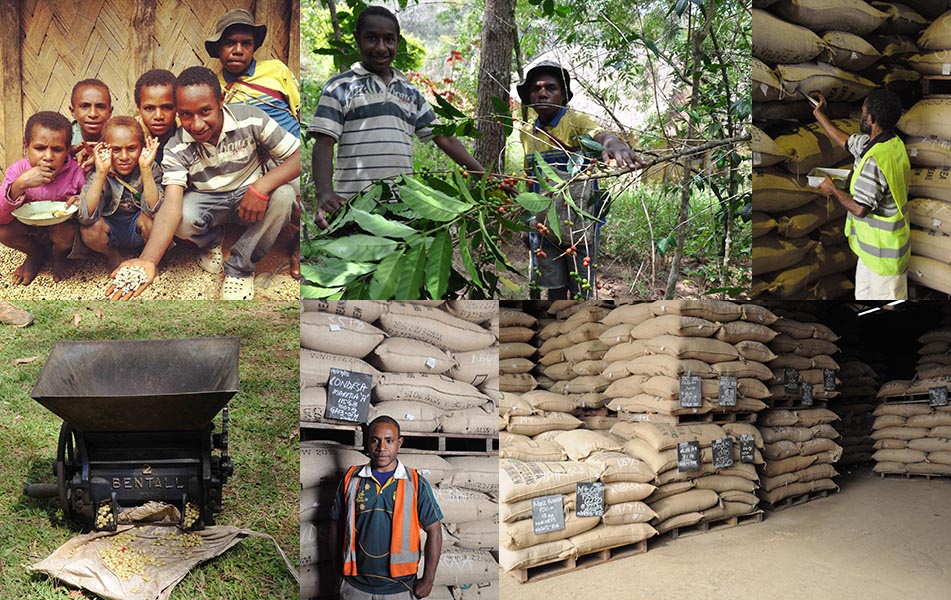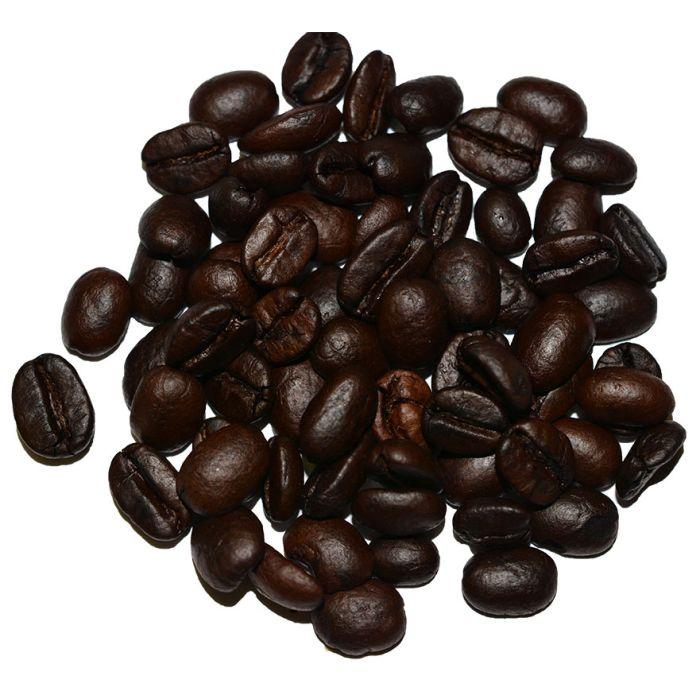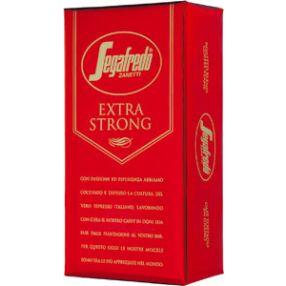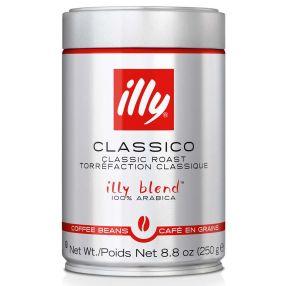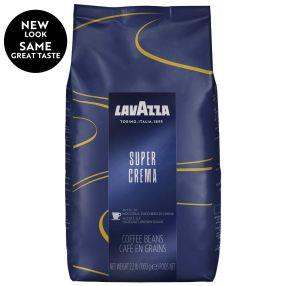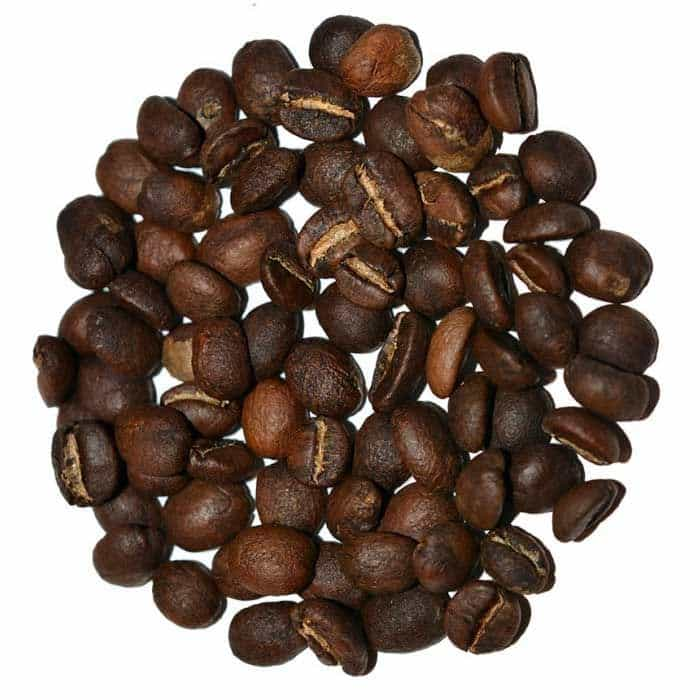Papua New Guinea - Namugo 12 oz. Whole Bean
Call Us for Expert Advice! 800-709-8210
Namugo is the local name in the Okapa dialect for the rain forest. Namugo is dominated by hills and mountains, diverse micro climates that allow the production of quality coffee. The rain forest offers all environment characteristics that coffee need to develop well during the growth stage. This coffee is described as having flavors of tangy lemon and toffee with a mild nutty aftertaste.
This coffee is from the Namugo region, Okapa District in the Eastern Highlands of Papua New Guinea
100% mountain grown Arabica, 1400 to 1800 meters above sea level
Fresh Roasted Weekly
Whole Bean
Your choice: Light or Dark roast
Papa New Guinea coffee packaged in resealable valve bags
Sold in 12 ounce bags, or choose a 5 pound bag and save.
More about Papua New Guinea:
Only red cherries are harvest and delicately processed to get the best quality. Parchment coffee is stored in well ventilated warehouses before sold.
PNG is an extremely diverse country with over 800 different languages spoken. Most of the tribes from the highlands did not have contact with white men until the 1930s as exploration in PNG had been minimal. PNG is now a paradox between Western influence and indigenous traditions.
Commercial coffee production started in Papua New Guinea in the 1920s with seeds brought from Jamaica’s Blue Mountain, a Typica known as Jamacica Blue Mountain. At that time most of the coffee production came from 18 large plantations. Plantations still exist in PNG but it only accounts for 15% of the total production; most of the production now comes from small-holders who tend to their coffee gardens, as they call them locally. The small-holders are subsistence farmers (meaning they live of their land) and they also grow coffee--there are no coffee farmers per-se. Each garden might have anywhere from a couple to a couple hundred trees of coffee and parchment deliveries can range from 25 - 65 kg.
Kunjin comes from smallholders between 1400–800 meters, from the Waghi Valley in Western Highlands, in close proximity to the town of Mount Hagen. Coffee is being processed in a leased vintage John Gordon–brand wet mill in an old plantation. Owning a mill or property in PNG is risky, and it could take years to establish a reputation of trust with the local tribes. Even if you make a deal, there is always risk of losing it, as the tribe could simply change their mind on the deal once they see the mill is profitable.
Personally, I'm really excited to work with PNG as a coffee-producing country , being culturally and socially as foreign as it gets. During my first visit in 2012, my luggage was left in Jakarta and I wouldn't get it back until my way out of PNG. I took a cab to Vision City Mega Mall, in the capital city of Port Moresby, and bought a Quicksilver T -shirt for $50 USD—and there weren't many options. The Highlander Hotel in Mount Hagen will run you $300 USD per night with cockroaches in your room, and you might get the suite over the kitchen—good luck sleeping! On the other hand, locals are living off their land with very little income. One of the reasons of such disparity is that there is a big mining boom as we speak, where multinationals are extracting valuable minerals and have brought local prices up as mining is very resource-intensive.
PNG is another one of those countries which has great potential, but it's still far away from hitting its peak. It has heirloom varieties and great altitude, but its social and economic problems makes it extremely hard to achieve top-quality coffee. We are happy, nonetheless, with the quality we are seeing this year, and cleanliness in the cup is one of the biggest attributes for these. As always, we will push the bar for better quality! — Piero Cristiani
